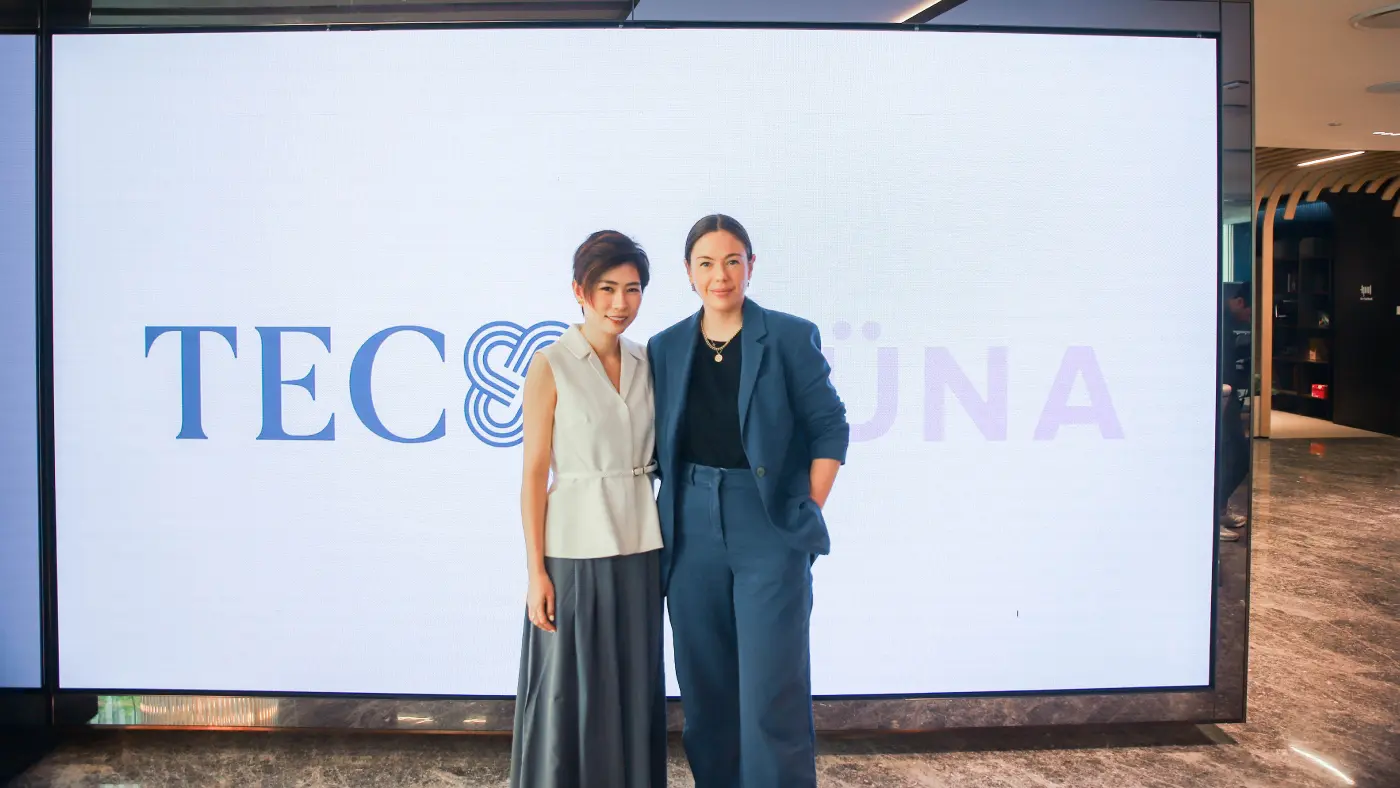Period Care at Work: The Executive Centre's ESG-Driven Rollout Across Asia
- Good Period Team
- Jul 5
- 4 min read
Updated: Jul 9

When Chelsea Perino, Managing Director of Global Marketing and Communications at The Executive Centre (TEC), first heard about the work we were doing to provide organic period products in washrooms, it struck a chord. “Why aren’t we doing that? We have all these offices. It’s not something that we’re providing at the moment – why can’t we try to do something like that?”
Days later, two women on her team came to her with the same idea. They wanted to get period products into their office’s washrooms. “We were on the same page,” she said. “Of course – let’s try and do it.”
The ambition took shape quickly. “We came in with our eyes in the sky,” Chelsea said. “We were going to put products in all TEC washrooms, in every TEC centre that we had at the time.” The goal was expansive and well-intentioned: a regional rollout that would create a better experience for anyone who needed it. But as with many bold ideas, the path to execution wasn’t so straightforward.
As the TEC team began figuring out how to put this plan into action, a number of practical challenges surfaced – from budget cycles already in motion to operational considerations that varied across regions. The vision was right. The timing wasn’t. With so many moving parts, the scale of the ambition started to feel like a blocker. But instead of shelving the idea altogether, TEC had a rethink. They chose to pilot the rollout in one location – Taipei – to test, learn, and build in a more focused way.
What made the rollout in Taipei meaningful wasn’t just putting the products in the washrooms, but the way they were introduced to TEC’s members – the professionals and businesses who occupy their workspaces.

The TEC team was intentional about education and visibility from the start. “One of the important things was not only doing it, but also telling people why it was valuable and why we were actually investing in this as a program,” Chelsea explained.
In Taipei, they hosted a launch event (see below), where they invited members and staff, to hear about the decision behind the program, introduced LUÜNA as the women-led company they had partnered with, and explained why the quality and mission behind the products mattered. Every dispenser carried a clear message: explaining what the products were, why they were there, and encouraging respectful use.
By grounding the period care pilot in community and communication, TEC created space to prove the idea’s value, both culturally and operationally. What could have been a one-off experiment became the foundation for something much larger. “Now we have [products] in our offices in Singapore, the Philippines, Vietnam, and our Hong Kong HQ. And the value is visible. Other locations are starting to show interest. Once they see it working, it’s easier to commit in future budgets.”
For Chelsea, the real impact came into focus during a moment in TEC’s Hong Kong headquarters. “My period started, and I didn’t have products on me. Normally, I’d have to leave the office and go find something. That’s 30 minutes out of my day that I didn’t actually have. And then I remembered: we have products here now.” What could have been a disruption became a moment of clarity. “It might not be something everyone is thinking about, but that lost productivity would affect business big time.”
That insight – losing business ROI because of something so natural, so regular, so normal – is one of the reasons behind TEC joining the Good Period Alliance. With its longstanding commitment to service, TEC has always aimed to make the experience of being in their offices as seamless and thoughtful as possible. Joining the Good Period Alliance reflects that ongoing commitment: not only to member wellbeing, but to creating more equitable and inclusive workplaces across the region. It’s a natural alignment of values, grounded in action.
While the original plan may have been bold, what ultimately made the difference wasn’t the scale of the rollout – it was the willingness to begin, with clarity, consistency, and care. In the way they did it, TEC built something more enduring: credibility.
As Chelsea puts it, “Even one bathroom makes a difference. This is a very easy place to start. Ask your employees – men and women – what would improve their experience. You’ll probably be surprised by the answers. Too often, companies invest huge amounts in what seems like really valuable initiatives that have the best intentions. Because they never asked what people actually needed. So just ask. And listen.”







